The Steve Jobs Archive’s latest digital exhibit just shared a never-before-seen video of Jobs speaking at a design conference in 1983. In it, the 28-year-old talks about how he thinks tech will grow in the future. He describes something that sounds a lot like the AI chatbots we have today.
Steve Jobs talk at the 1983 International Design Conference in Aspen
In the video, Jobs says he likes reading books by old thinkers like Aristotle and Plato, but wishes he could ask them questions. He thinks that in 50 to 100 years, we might have a machine that can capture a person's way of thinking.
This machine could answer questions like the real person would. "When the next Aristotle comes along, maybe if they use one of these machines their whole life and type in all their thoughts, we could ask the machine, 'What would Aristotle say?' after they're gone," Jobs said.
AI That Creates vs. AI That Thinks Like Humans
About 40 years later, it looks like Jobs' idea is coming true with new AI tools called large language models (LLMs).
These AI tools, often called chatbots, learn from lots of data. They find patterns in words and topics, then use this knowledge to understand questions and create new text, images, or sound.
Just like Jobs thought, an AI could learn everything Aristotle wrote and then answer questions like Aristotle might.
Today's big tech companies are also working on something called artificial general intelligence (AGI). This is AI that can do tasks as well as or better than humans.
But tech leaders don't agree on when we'll have AGI. Elon Musk, who runs SpaceX and owns X (formerly Twitter), thinks we'll have it by 2026. But Robin Li, who runs Baidu (a big Chinese tech company), thinks it will take about 10 years.
Apple CEO Steve Jobs speaks during an Apple special event April 8, 2010 in Cupertino, California. (Photo: CNBC)
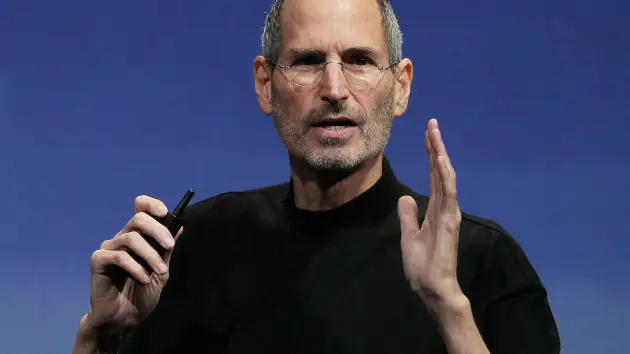
Two More Times Steve Jobs Was Right
This isn't the first time Jobs guessed right about future tech.
In a 1985 interview, Jobs said people would use computers at home for fun, not just work. "Computers will be important in most homes," he said.
In 1984, less than 10% of U.S. homes had a computer. Now, about 95% have at least one computing device.
In the same interview, Jobs also guessed that we'd use computers to talk to each other online.
"The main reason most people will buy a home computer will be to connect to a big communication network," Jobs told Playboy magazine.
This idea came true when Tim Berners-Lee invented the World Wide Web in 1989 to help his coworkers share information.
The web started with one website made by Berners-Lee in 1991. By 2021, there were almost 1.88 billion websites, according to the World Economic Forum.

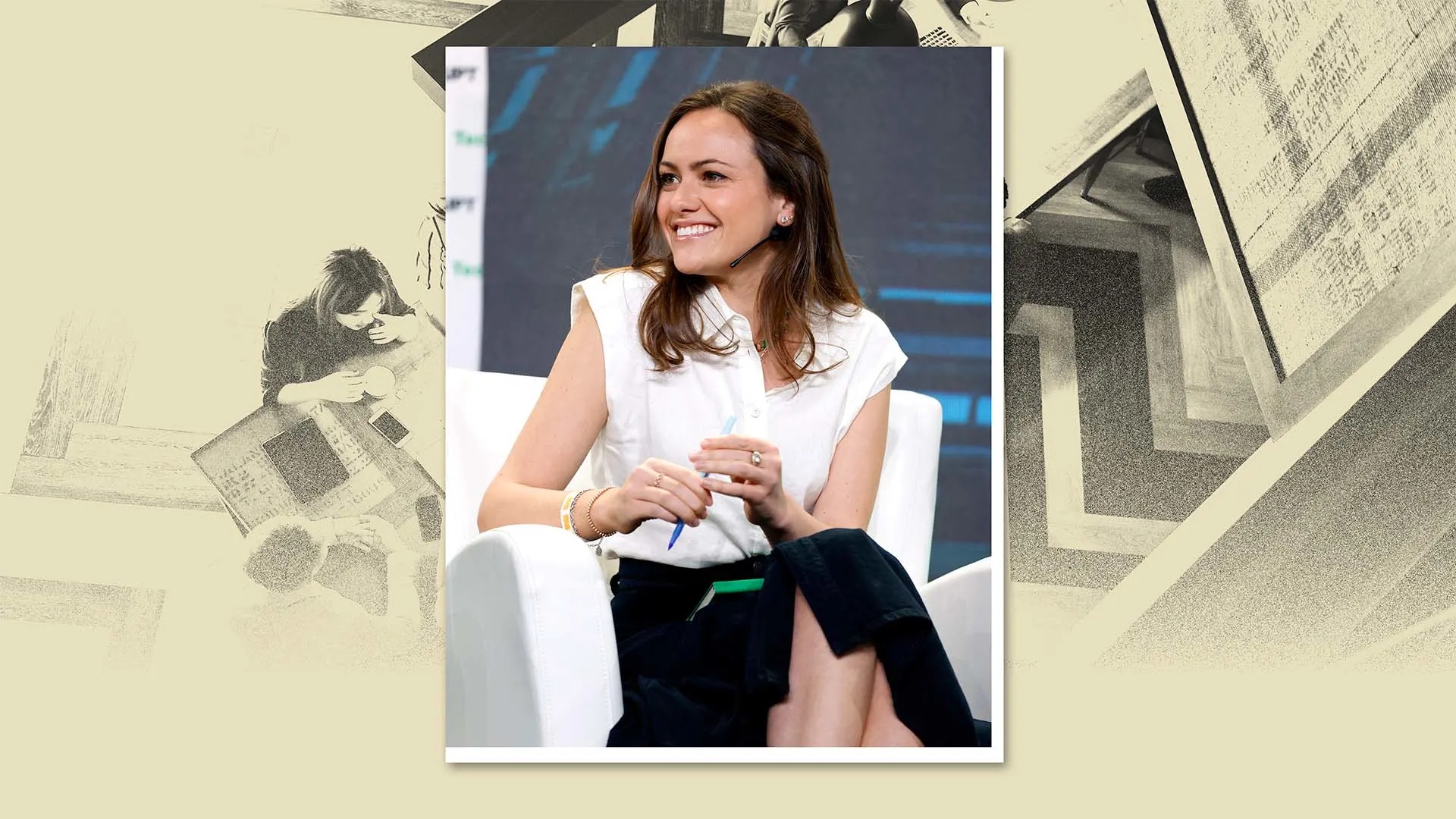

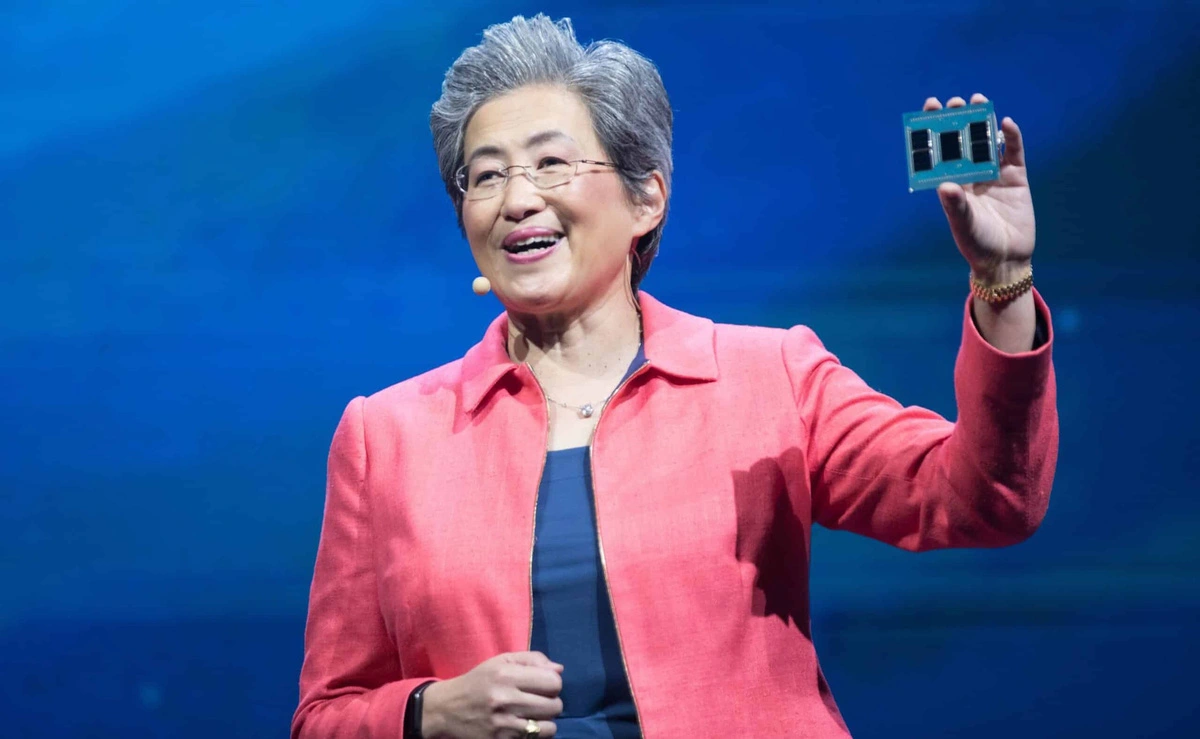

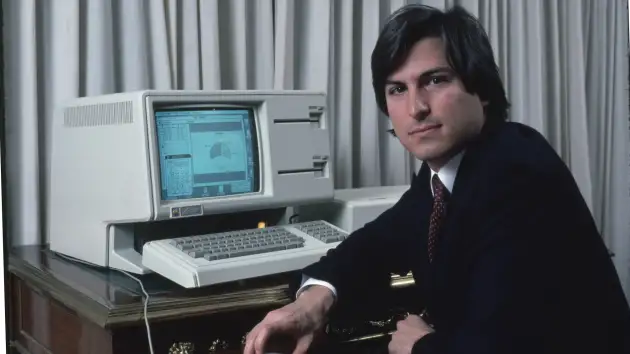
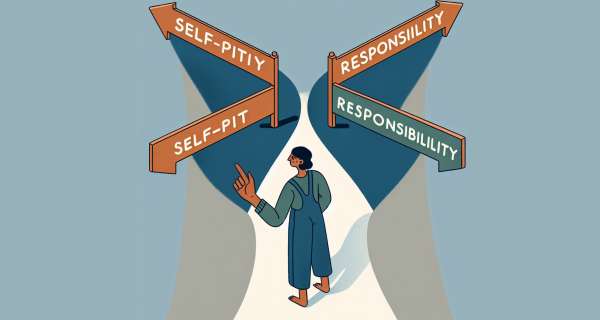












0 Comments